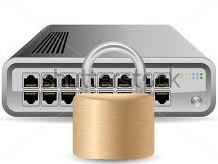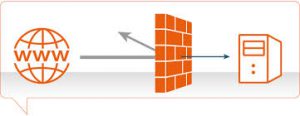What to Look for in a Router
Let’s start with the basics. What is a router? It’s a device that sits between the internet and your computers.
Its primary job is to take incoming information from the internet and route it to various computers within your network. But that’s just the initial role of the router. Most routers have built-in firewalls to provide security, keeping that which has been previously defined as suspect out of your business network.
Features present in business-class routers at all price points include stronger security features, more flexibility in access to your network from remote locations, and the ability to be improved as your business grows. Can you get by with a consumer-model router, or does your company require something more? Here are some factors to consider:
- Do you want the best security features?
- Do you have many employees who require frequent remote access to your network?
- Do you run your own email, Web, or RADIUS (the top security option) server?
- Do you need to set up advanced virtual local area networks?
Firms that use the internet or “Cloud” options as a big part of their business often have multiple internet providers. This requires load balancing or failover redundancy capabilities on the router to maintain and optimize their business’s internet connections. Choosing the right router should start with a thorough assessment of your business’ needs and projected future growth balanced against what you can afford as part of an integrated network. HCP can help you with this assessment, request a consultation today!


